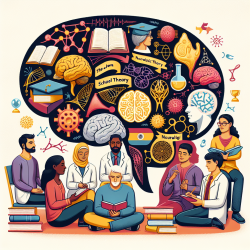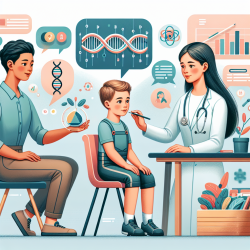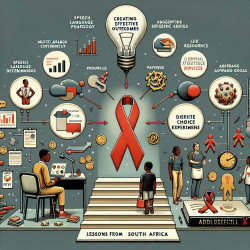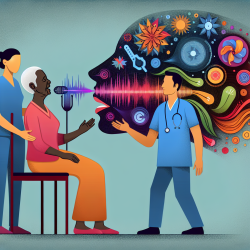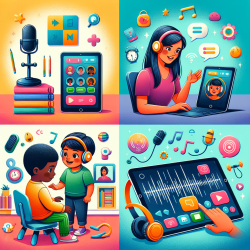Introduction
In today's digital age, internet gaming and social media usage among children and adolescents have become prevalent. While these digital platforms offer numerous benefits, they also pose significant risks to mental health. A recent systematic review titled "A Systematic Review of the Association of Internet Gaming Disorder and Excessive Social Media Use With Psychiatric Comorbidities in Children and Adolescents: Is It a Curse or a Blessing?" delves into the complex relationship between these digital activities and psychiatric comorbidities in young individuals.
Key Findings
The review analyzed 20 studies involving 48,652 participants, revealing that excessive internet gaming and social media use are associated with various mental health issues, including depression, ADHD, autism spectrum disorder, sleep disturbances, and more. Notably, the review highlights the bidirectional relationship between internet gaming disorder (IGD) and depression, emphasizing the need for practitioners to consider this interplay when addressing mental health concerns in children and adolescents.
Implications for Practitioners
As a practitioner, understanding the potential risks and benefits of internet gaming and social media use is crucial. Here are some actionable insights to enhance your practice:
- Recognize the Signs: Be vigilant in identifying symptoms of IGD and excessive social media use in your young clients. Early detection can lead to timely interventions.
- Promote Balanced Use: Encourage children and adolescents to engage in digital activities in moderation. Educate parents and caregivers about setting healthy screen time limits.
- Address Underlying Factors: Explore potential underlying factors contributing to problematic internet use, such as family dynamics or social isolation. Tailor interventions to address these root causes.
- Foster Open Communication: Create a safe space for children and adolescents to discuss their online experiences. Encourage them to share any negative encounters or feelings related to digital media use.
Encouraging Further Research
While the review provides valuable insights, it also underscores the need for further research in this area. Practitioners are encouraged to stay informed about the latest developments in digital media use and its impact on mental health. Collaborating with researchers and participating in studies can contribute to a deeper understanding of these complex issues.
Conclusion
In conclusion, the relationship between internet gaming, social media use, and mental health in children and adolescents is multifaceted. By implementing the findings from this systematic review and staying informed about ongoing research, practitioners can play a pivotal role in promoting positive mental health outcomes for young individuals in the digital age.
To read the original research paper, please follow this link: A Systematic Review of the Association of Internet Gaming Disorder and Excessive Social Media Use With Psychiatric Comorbidities in Children and Adolescents: Is It a Curse or a Blessing?


